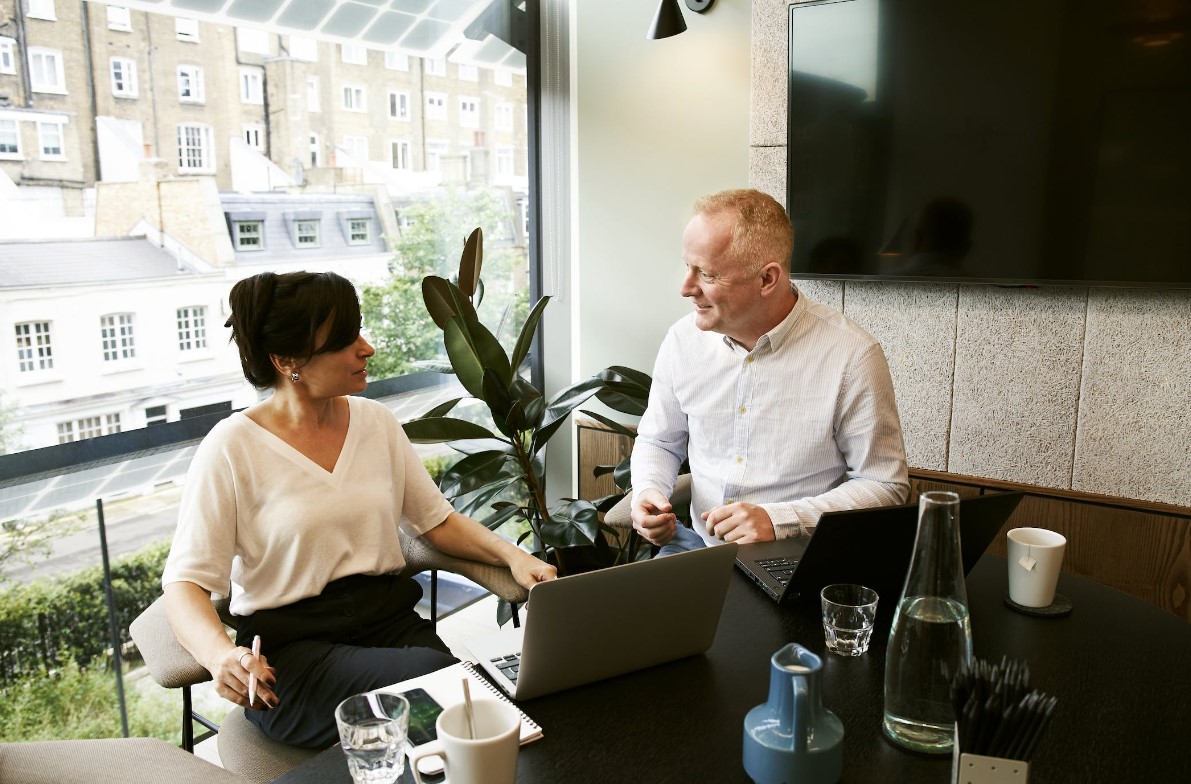Until relatively recently, the management consulting industry has undoubtedly been male-dominated. As times have changed, women have joined the ranks of consulting firms and many have pursued long and fulfilling careers. However, gender parity continues to remain a challenge within the industry.
For major firms McKinsey, Bain and BCG (collectively known as ‘MBB’), addressing this is a huge strategic focus, particularly when it comes to hiring new talent.
To find out more about their efforts towards achieving gender parity in hiring, CaseCoach conducted a detailed analysis of 7,550 individuals who were hired into client-facing roles at MBB firms in several locations around the world between 2020 and mid-2022.
How MBB firms support female candidates
As part of their strategic efforts towards achieving gender parity, McKinsey, Bain and BCG all have initiatives designed to support female candidates who are preparing to make an application:
McKinsey’s Next Generation Women Leaders: This initiative gives female candidates in the Asia and Europe, the Middle East and Africa (EMEA) regions the chance to network with McKinsey consultants and recruiters. Participants are also provided with learning sessions and an interview preparation program.

BCG’s ASPIRE Women’s Workshop: This is a 3-day professional development event for university students in EMEA and South America. It involves masterclasses, inspiring keynotes, networking, case workshops and fun activities.
Bain’s Connecting & Resourcing Empowered Women (CREW): This initiative allows second-year female undergraduates in the US to receive individual and group coaching and network. It also provides participants with the opportunity to interview for Bain’s summer Associate Consultant Internship (ACI) position.
Which firms are the closest to achieving gender parity?
CaseCoach’s analysis indicates that the impact of the above initiatives is starting to make a difference at McKinsey, BCG and Bain. In the period covered by this research, the firms achieved an average of 42% female hiring. McKinsey came the closest to achieving gender parity, with 44% female hires. Although the difference among the firms was minimal, with 41% female hiring at both BCG and Bain.
Gender parity across hiring channels
Among the firms’ different hiring channels, the pre-experienced students (with a bachelor’s degree or a non-MBA master’s degree) hiring channel comes the closest to achieving gender parity, with 45% female hires across the analysed locations.
Other recruitment channels and the percentage of female hires are:
- Advanced degree hires who are hired during or soon (not more than two years) after their PhD or medical school programs (43%)
- Experienced Professionals who typically have two to eight years of experience (41%)
- Graduates of a one or two-year MBA program (38%)
Gender parity in MBB hiring across different locations
Although none of the locations CaseCoach looked into had complete gender parity, MBB offices in Canada were the closest country to achieving gender parity with 47% of female consultants, followed by the UK (46%) and Switzerland (37%).
Other locations have further to go. In France only 40% of MBB hires were women. In the World Economic Forum’s 2022 gender gap report, France is ranked 15th in the world (above the UK, the US and Canada) for measurements including economic opportunities and education. Therefore, it might have been expected to see a higher percentage of female hiring at MBB firms in this country.

Enguerran Loos, founder of CaseCoach, commented: “We know that gender parity is a huge strategic priority for top management consulting firms today. Our analysis of hiring at McKinsey, BCG and Bain shows that these efforts are generating tangible results, with an average of 42% female hiring across all three firms.
“While some global MBB locations have further to go, others – such as the UK, Switzerland and Canada – are very close to achieving a balanced population of male and female hires. This demonstrates genuine progress and indicates that the firms are moving ever closer towards achieving true gender parity within their ranks.’”
It’s great to see these huge firms striving and trying to improve gender parity – we hope their efforts will inspire others in the industry and help to make a difference.



























